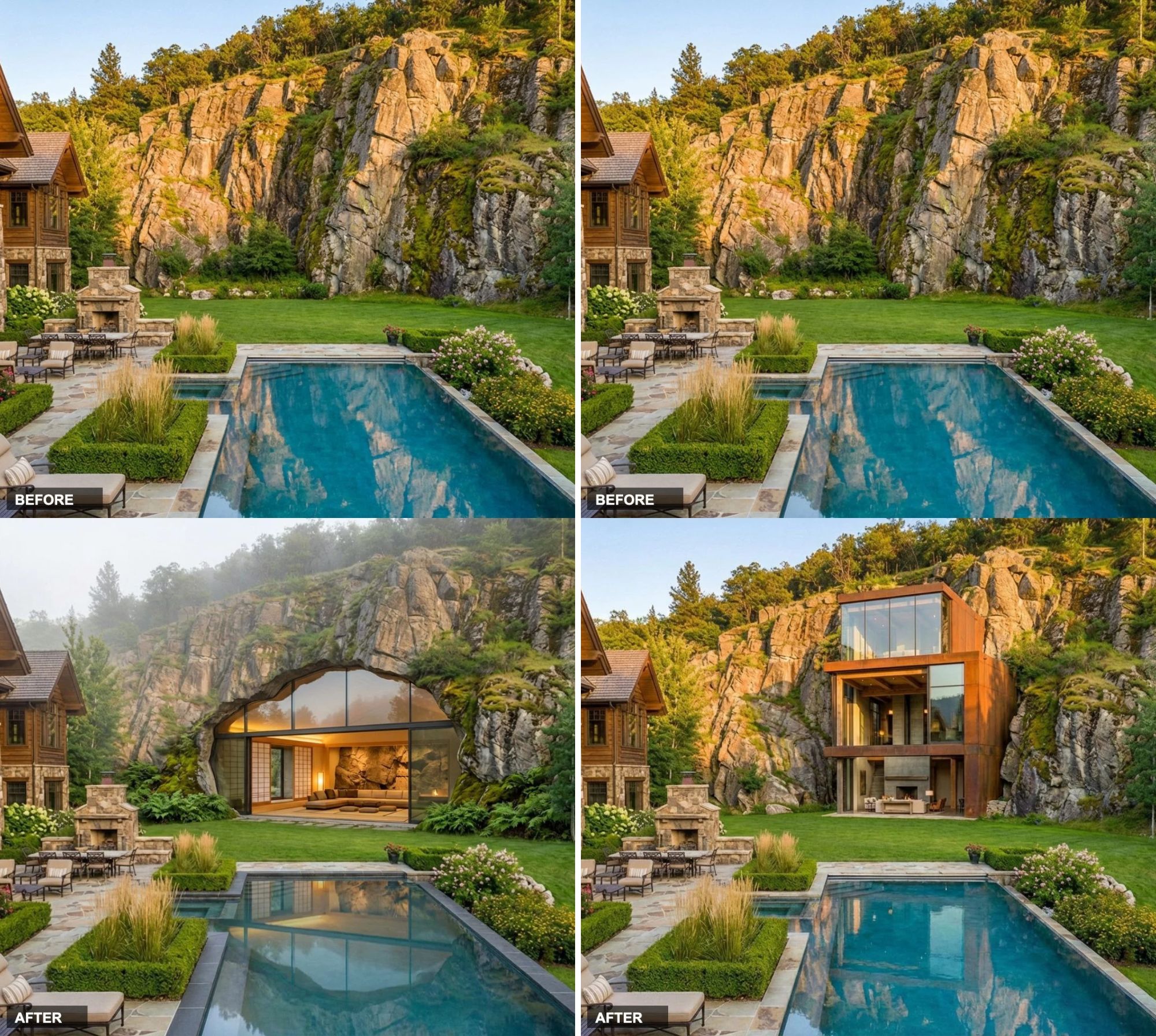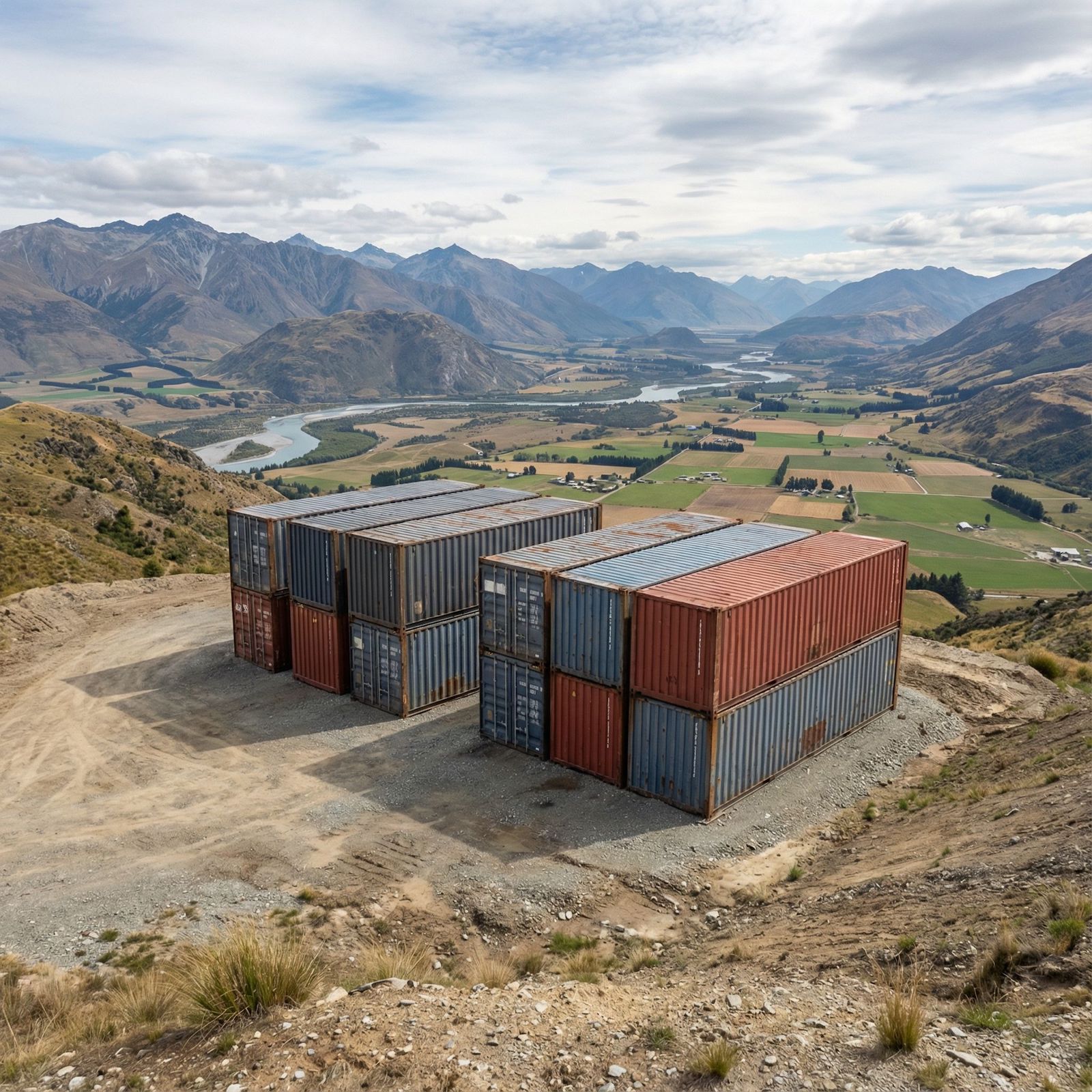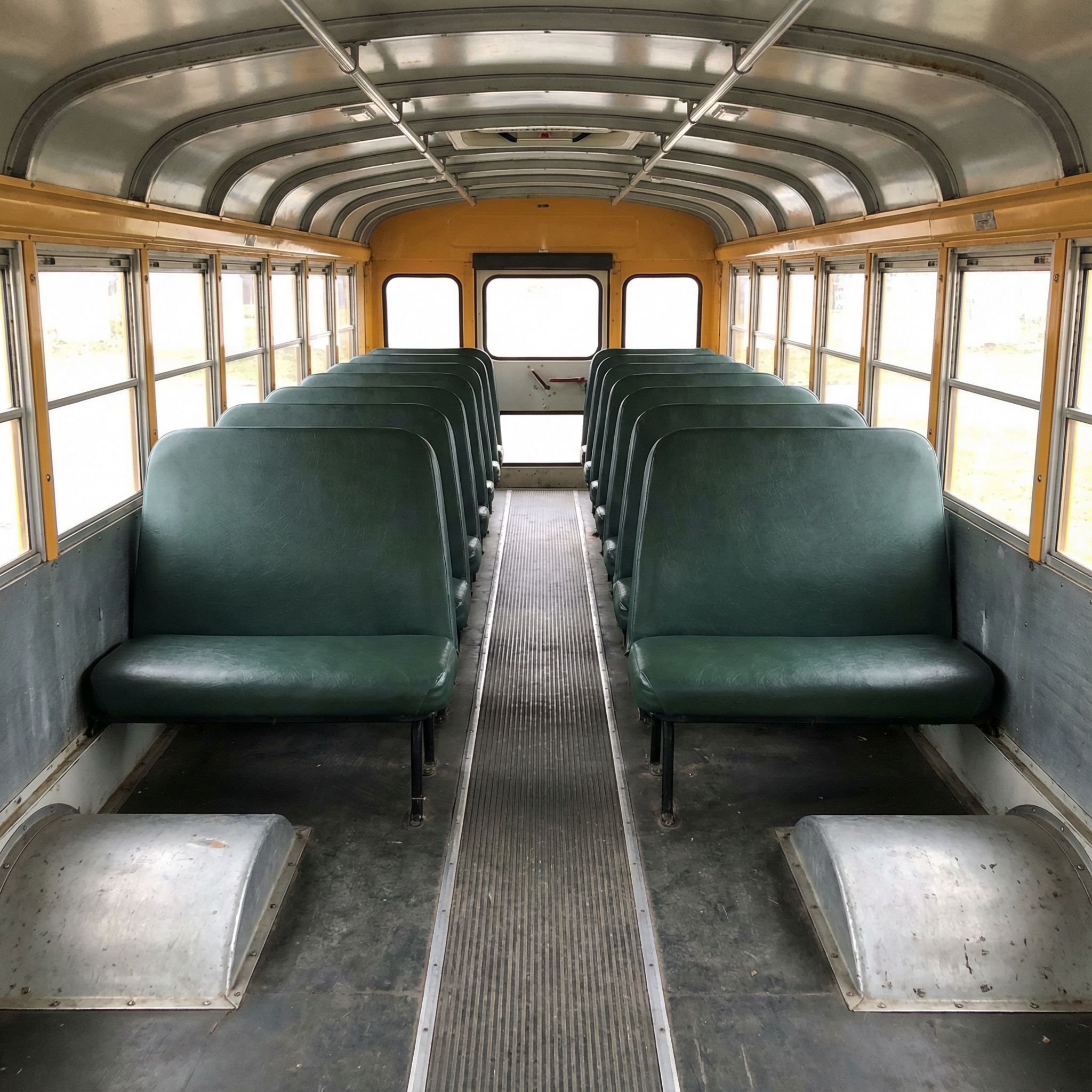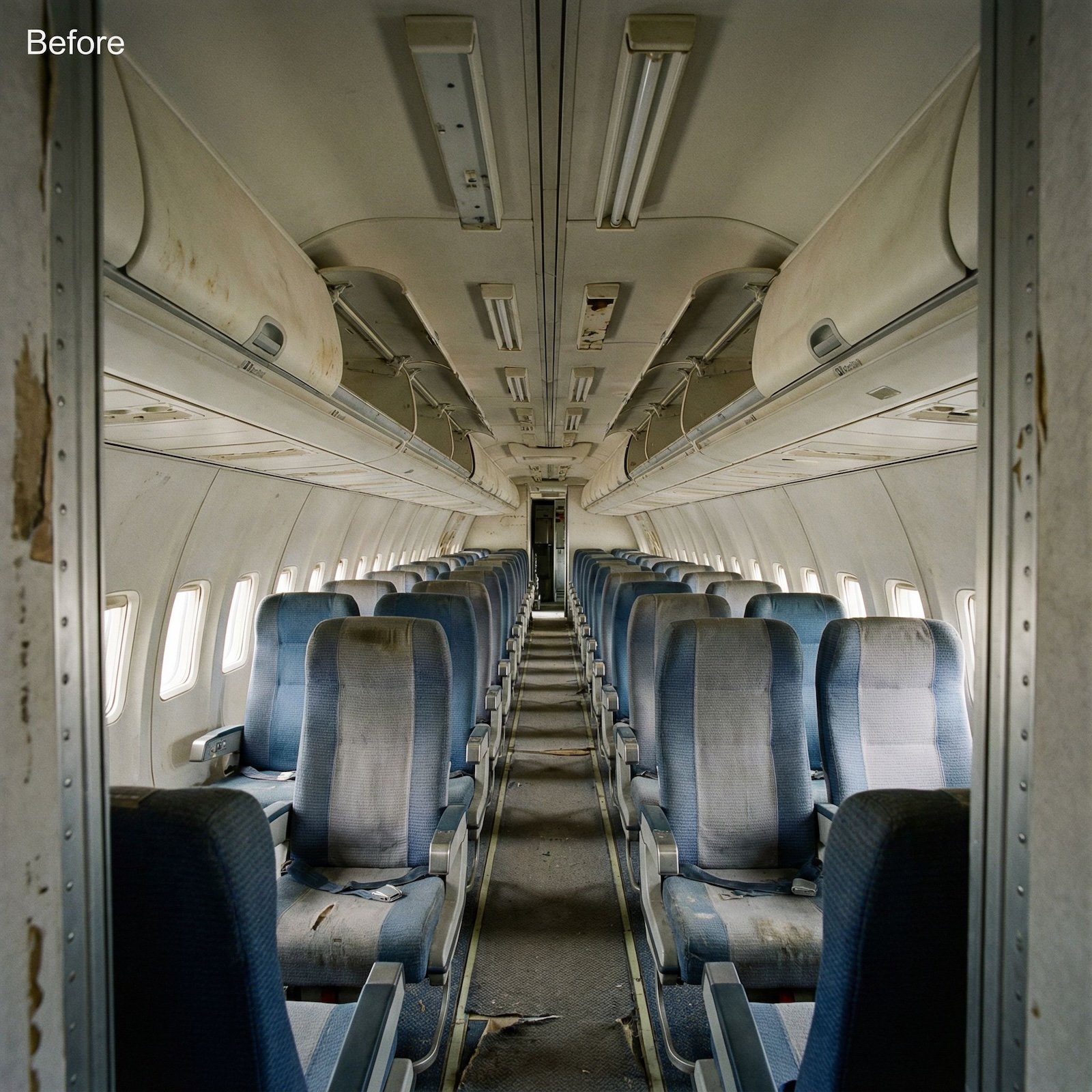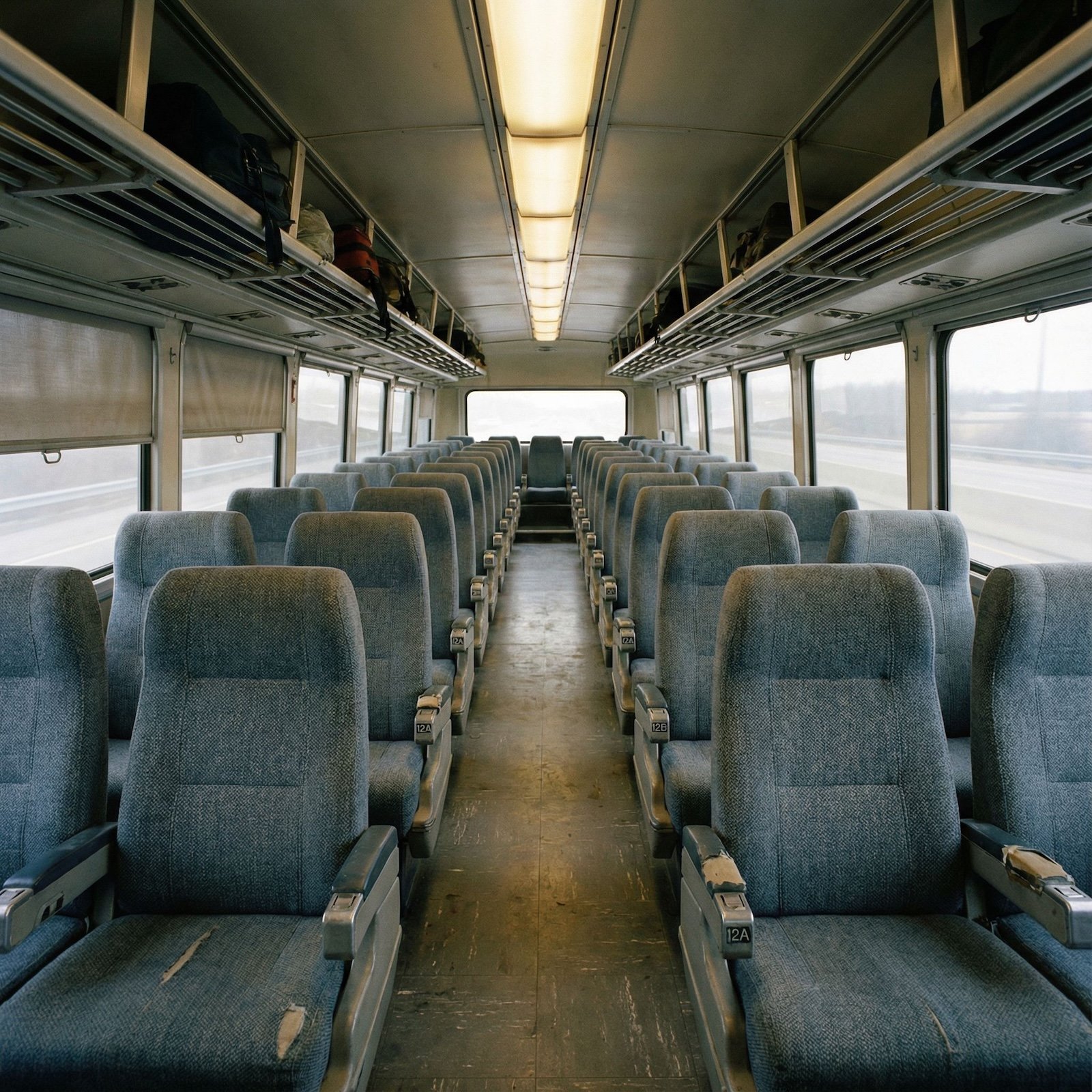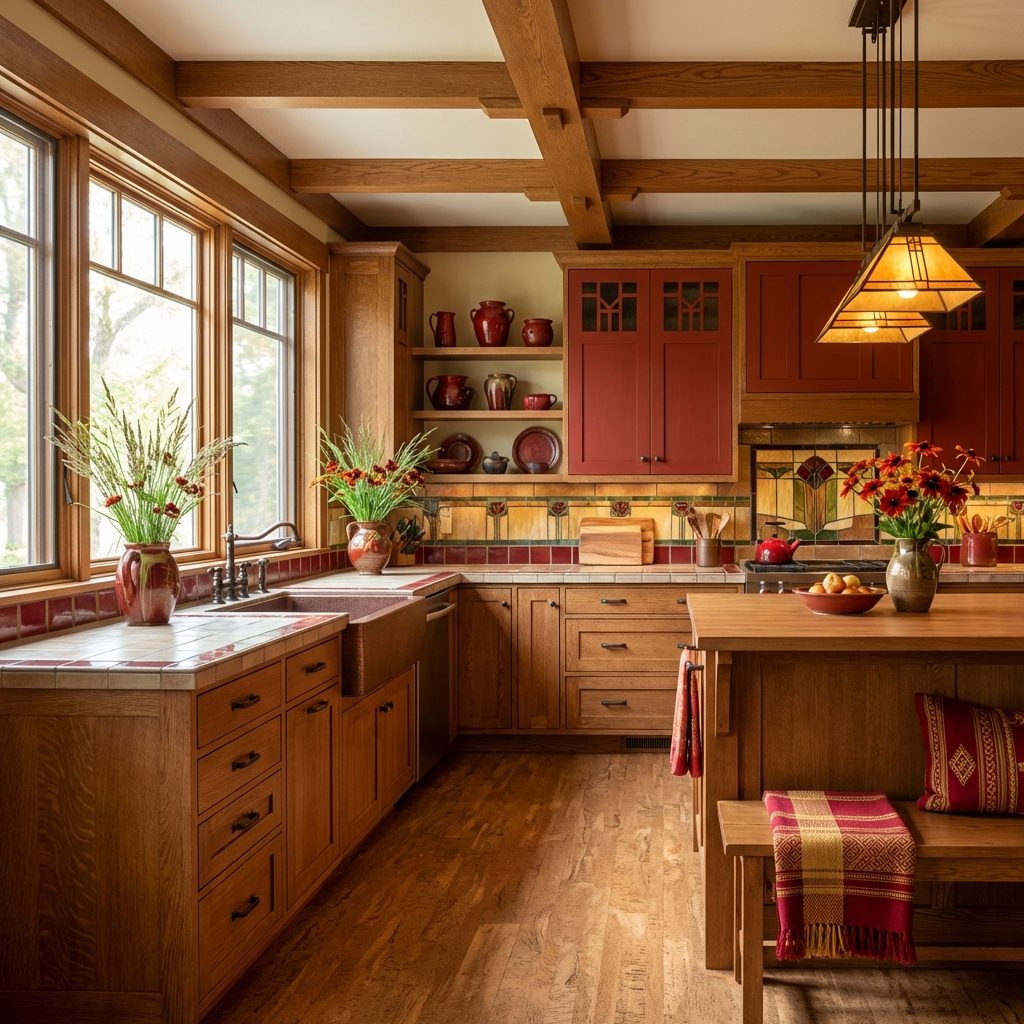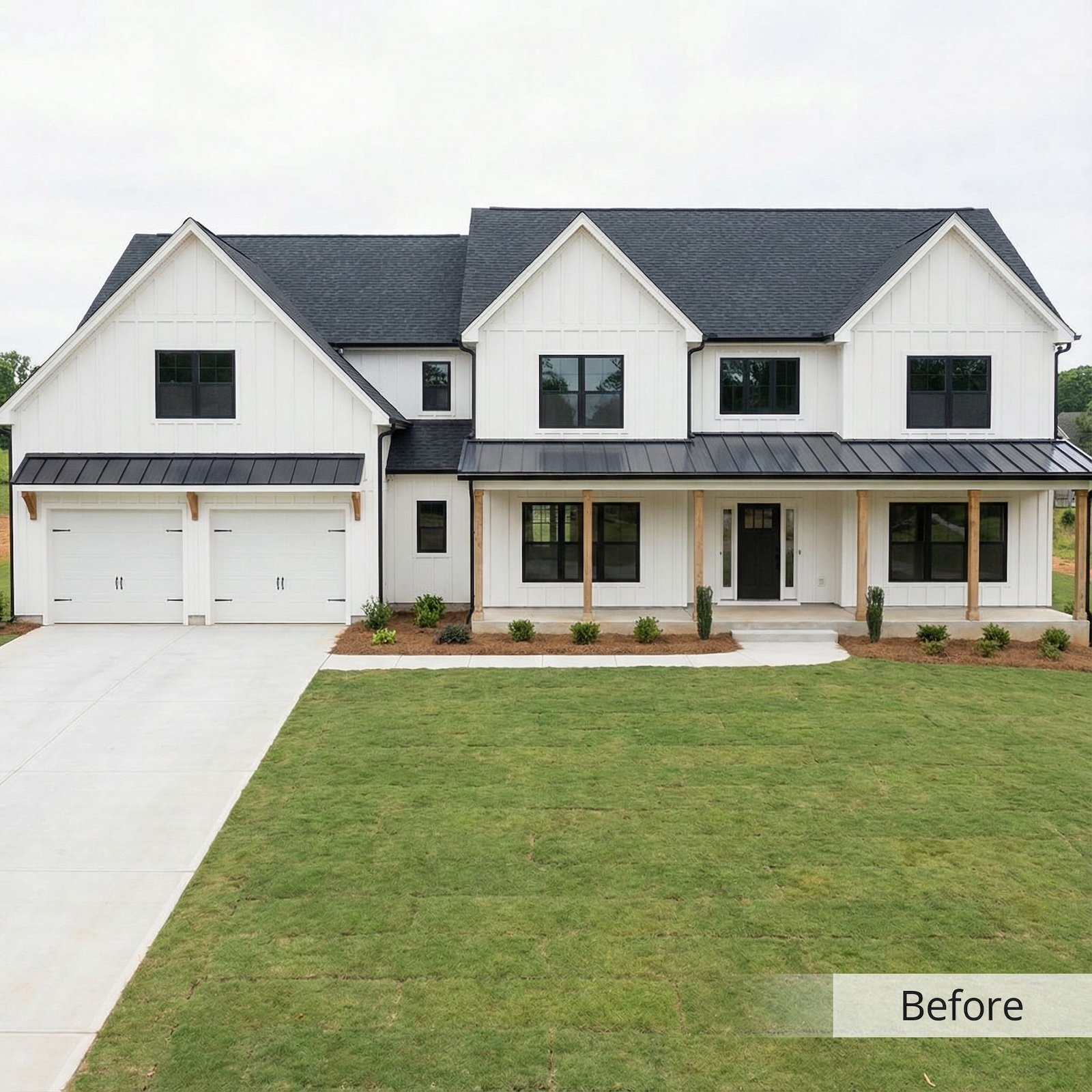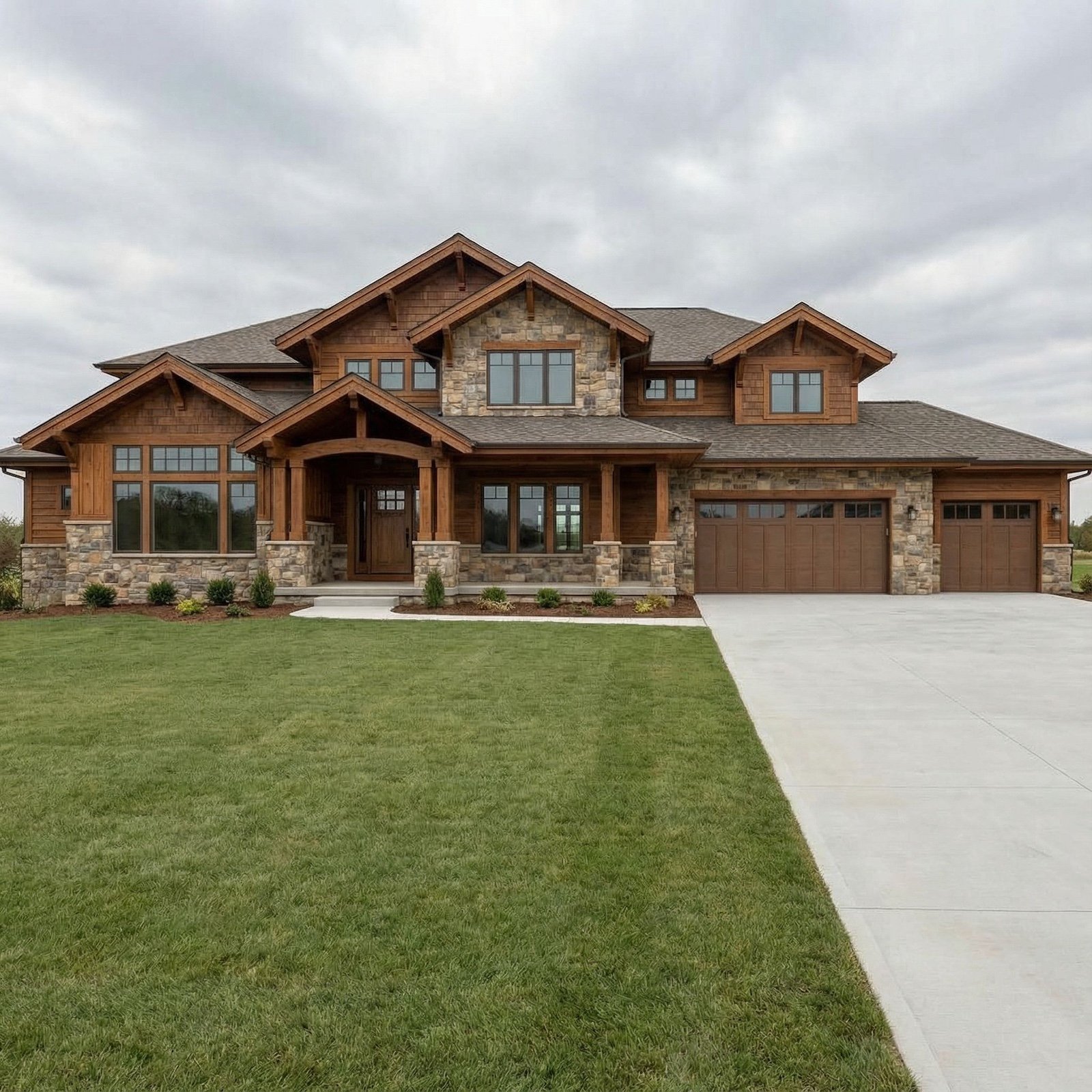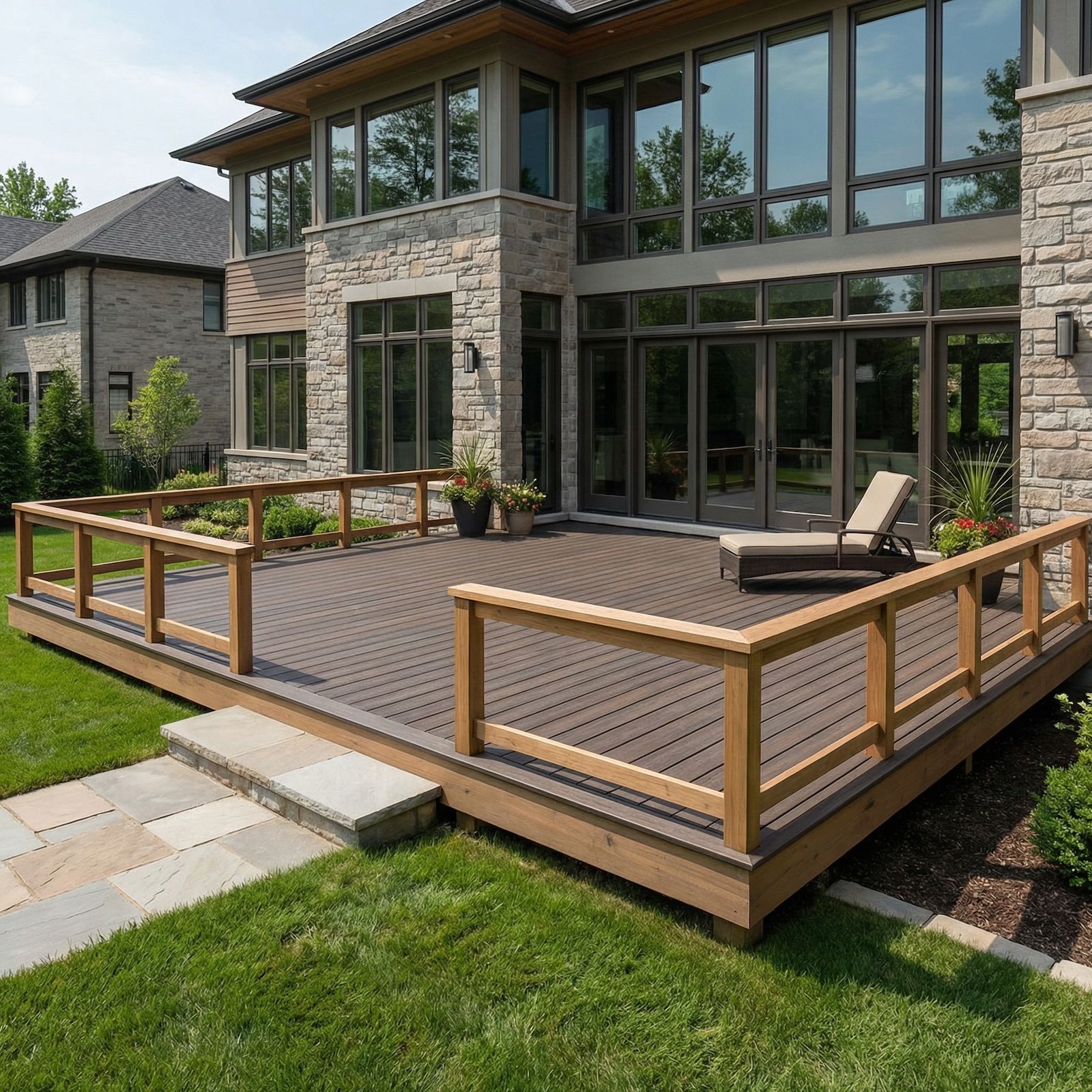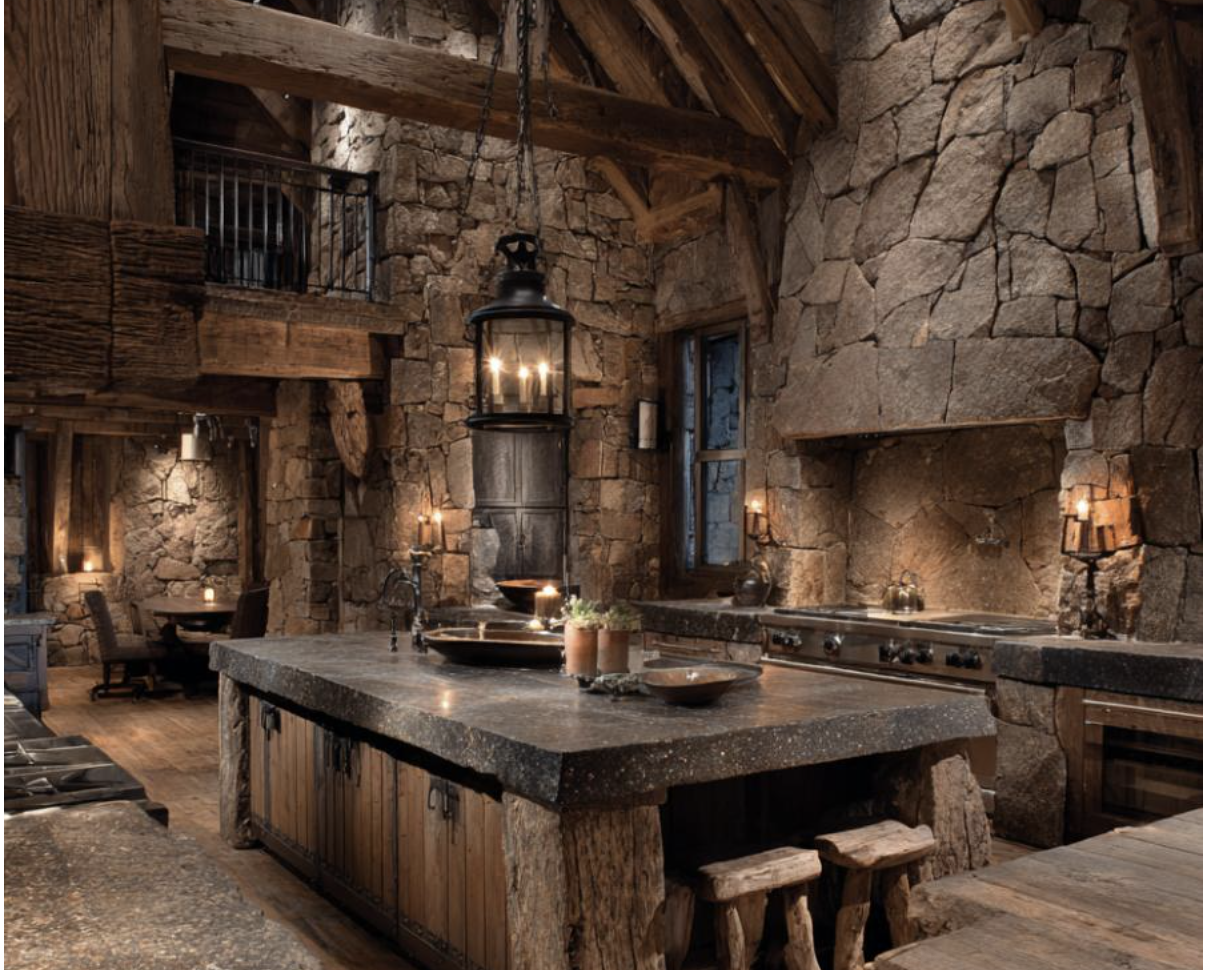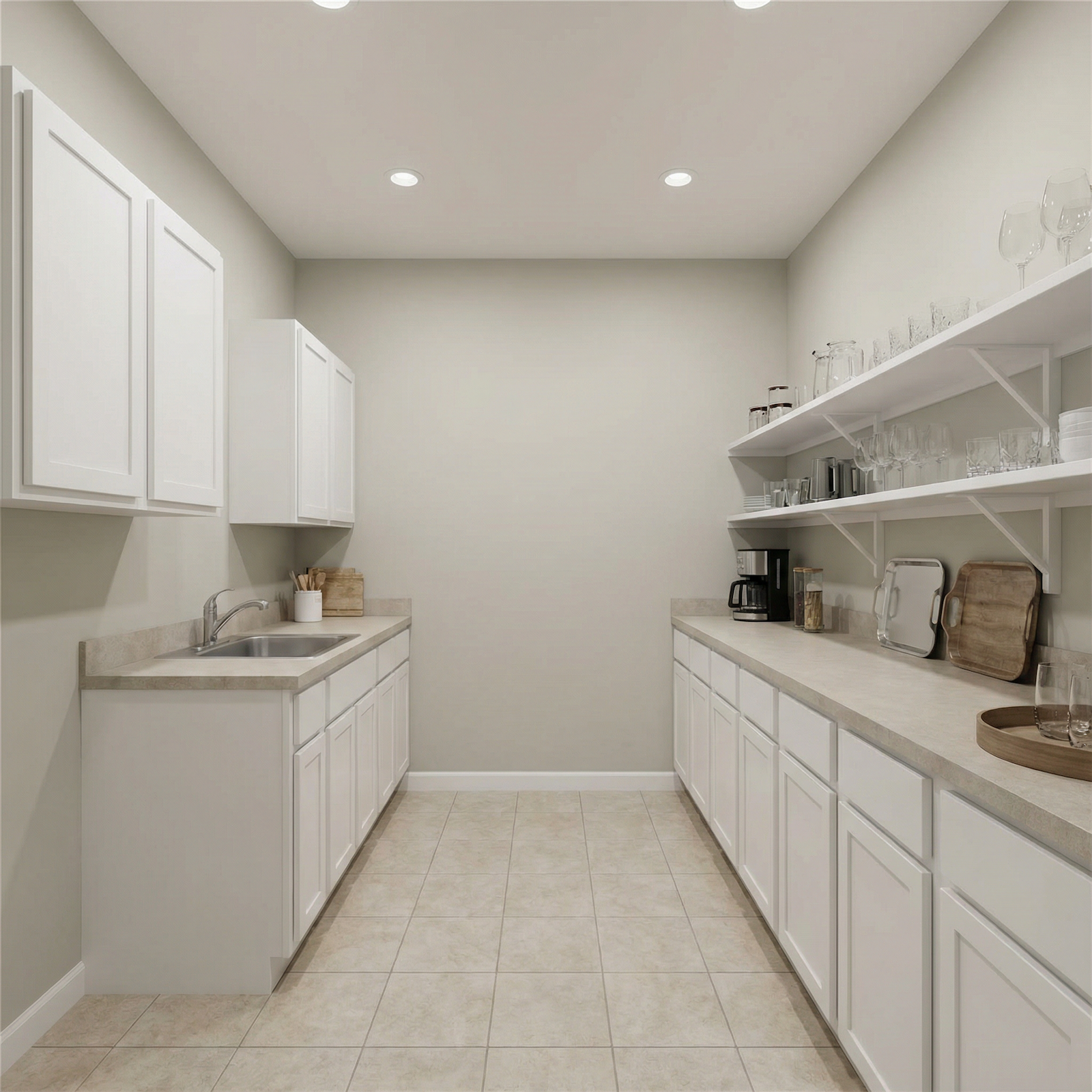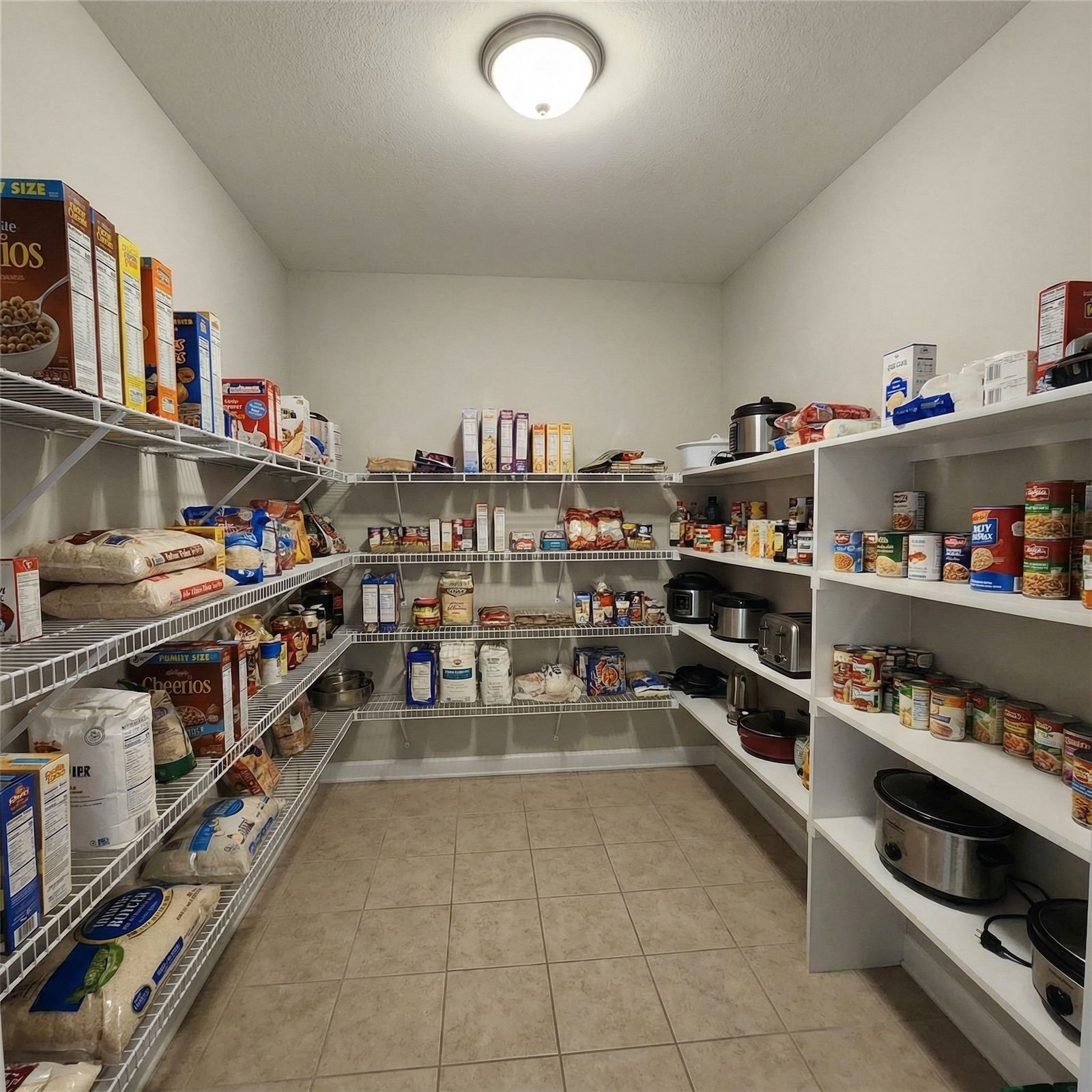
Would you like to save this?
There’s zero doubt that the praises of remote work are being sung more loudly than ever in the wake of the COVID-19 pandemic. Although I know people who are begging to go back to a day job even if they loathe being there just because it helps them separate home from work more easily. And well, the whole lack of childcare situation really sucks on many counts.
But overall, the benefits of remote jobs and the ability to make money from a variety of sources online as a freelancer or entrepreneur are finally being seen. People like me and my publishers spent years being concern-trolled by our neighbors about whether we have jobs at all just because we’re not seen running for the subway or trudging to a minivan at 7AM every morning. That’s less the case nowadays: making a living on the Internet with or without a W-2 job is no longer this exotic, shocking thing.
There was already a remote work revolution taking place before the pandemic. There’s been a 159% increase in remote workers between 2005 to 2017. In 2015, there were 3.9 million Americans working remotely while there’s around 4.7 million today. These numbers don’t demarcate between W-2 employees, freelancers who do it full-time or in addition to a W-2 job, and solopreneurs so I’d wager this number is actually much higher.
In fact, it’s gotten recognized to the point that some state and local governments and private real estate developers are looking to take advantage of the perfect storm we got going on now: now that COVID has revealed that you don’t actually NEED to clog up the freeway like baked brie to a coronary artery every goddamn morning and all you need is a “Zoom shirt” and a little room divider or shoji screen? Some developments want to take advantage of this. Remote Shoals in Alabama in particular is offering a cool $10,000 to eligible remote workers who want to fill the community with fresh new blood that only needs an Internet connection to flow.
Sounds sweet! But would you do it? What are the ethical implications of post-COVID urban planning on this scale?
Related: YourSpace Launches Home Offices | Why I Stopped Working From Home and Leased an Office | Adjusting to Working From Home | Urban Planning and Home Design After Covid | Urbanization 2023
Remote Work Means You Can Live Anywhere with Internet…

People are moving more than ever because of COVID-19.
For some real data on this, Pew Research found that about 22% of American adults have relocated, or at least know someone who did and, primarily because of the pandemic. 3% stated that their move was permanent, not just temporarily leaving the city to go to a spacious country house or bungalow colony upstate like my family did in the 50s and 60s (or like you saw in Dirty Dancing, for anyone reading this who’s not an Ashkenazi Jew from New York). It doesn’t sound like a whole lot at first, but with a population of about 330 million people at the time of writing, that’s 9.9 million permanent relocations taking place amid a deadly pandemic. After all, there’s contactless ways of relocating like just throwing all your shit in a car or U-haul, or arranging for a shipping container pick-up if you don’t drive or got too much stuff.
For some “anecdata”, I’ve seen a lot of moving vans come in and out of my parking lot lately. They’re about equal for people coming and going, but fewer are leaving. Manhattan rent, once the divining rod for how ludicrously people can charge for highly desirable properties in garbage condition, has fallen for the first time since the Great Recession. I knew when the juice bar opened near the Cross Bronx that it was the beginning of the end; after I saw a guy with an Apple watch buying kale chips at my grocery store? Well, shit. Gentrification is slithering into my neck of The Bronx because people figured it was pointless to pay obscene rents for a 350 square foot hotbox near the rotting MTA when they can buy something for far less– especially in one of the last affordable condo developments in NYC. Interest rates are also historically low right now, so home sales are BOOMING— if you can afford to buy a bigger and/or more permanent residence and your credit hasn’t been run through a meat grinder mid-pandemic, that is.
Plus I’ve seen many conversations on Twitter from people who live in remote lake towns in Ohio and Michigan who said that house sales are like nothing they’ve ever seen before. People are terrified and want more space, and the pandemic sucked all the fun out of living in a tiny apartment in the city. If your marriage didn’t hold up in the pandemic but your bank account did? This just might be the time to move to a totally new town where a condo or house costs less if your job or online business has proven you don’t really need to be near the place at all.
…But Would You Want To?

We’re pulling all kinds of temporary stops to get through the pandemic if we’re lucky to still have incomes. For instance, I bought a new freezer. It was a little over $400 and hasn’t really had an impact on my electric bill. I plan on migrating to Los Angeles so that means PLENTY of future articles about condo hunting out there after I already played this game on the highest difficulty setting imaginable, and if the freezer doesn’t make the trip then my parents get it. But there’s some measures people are taking without really thinking about post-pandemic life.
Will this be a temporary stop for you, or is the pandemic serving as a catalyst for moving on with your life?
Social distancing is taking its toll on people. We have to do it to stave this damn disease off if we want to see and hug our friends sooner, but don’t be shocked if it’s taking a real, literal toll on your body. The pandemic has blown the covers off of many things: in my case, it hit me that missing out on travel was killing me more than not being able to see people locally. My move to California is being informed by my social life and different opportunities in media than I’d have here, more than the pandemic.
But do you really want to move all the way to Alabama, or perhaps the countryside in Pennsylvania or a midwestern state? We can’t see anyone now and it sucks, but are you factoring in your social life post-pandemic? Moving too far from family, or is it bringing you closer? (To be fair, having an abusive family makes you prize that distance.)
Right now, it’s also hard to judge how well a community could serve your needs beyond providing cheaper and/or more spacious housing since our lives aren’t going back to normal any time soon. But if you’re a work at home type, it really boils down to whether you’re entrepreneurial or got a remote job. Entrepreneurial types in certain industries still value being near industry hotbeds, or with the conveniences that better fit our lifestyles. This is doubly important if you’re single. Don’t let your lack of partner and/or kids prevent you from buying if you think it’ll make sense for the life you want! But sure, that house in New Orleans is one-third the cost of a condo in New York, Boston, or Los Angeles and with double the space and you might think you’re set with lower housing costs. But is it actually lower if the area lacks public services you could value, like public transportation and plenty of parkland? Lower taxes could be an attractive reason to go through with your pandemic-spurred move, but you could also end up shouldering the cost for more shit than you anticipated as a result.
For us free agent types, health insurance is another important consideration. Until we have universal healthcare like a real country, you’re at the mercy of your state if you don’t have insurance through your spouse or parent. You might have to trade lower housing costs for sky-high insurance premiums because the risk pool isn’t large enough where you live, unlike the wider pools and lower premiums in metropolitan areas rich with freelancers and entrepreneurs.

New tax environments are also a concern if you’re self-employed. Only seven states don’t have income taxes, but you have to think about where they could catch you if you have to get a business license or form an LLC, or other type of company. Not to mention how reciprocity laws work in that state: case in point, I’m in for an expensive do-over migrating from New York to California involving winding down my current LLC and forming a new one. Yours might move over easily. Be prepared for the paperwork and expense that could bite into your move-in bonus.
If business entities don’t concern you and all you really need is a laptop, webcam, and other portable equipment then want to go the extra mile with a nicer home office separate from the rest of your living space– something harder to do in an apartment– and such a move wouldn’t be that disruptive to your family and/or social lives, taking advantage of Remote Shoals or one of the other community development incentives popping up could be worth your while.
But while things are rough and scary out there, think about it first, especially if you need proximity to services and other things that help you focus on earning and/or time with your family. People get starry-eyed about lower living costs without thinking about services they need in their professional and personal lives, and if they’ll have a good fit in the new place.
Ditto if you get bored of gardening and decide you won’t join the 3% and are clamoring to go back to the city once the vaccine rolls out. But if you’re willing to move to northwest Alabama and want $10,000, you just might be interested in this deal.
What’s the Deal with Remote Shoals?

Kitchen Style?
History has odd ways of repeating itself. Not just because there was already a pandemic that reshaped society 100 years ago that lasted about two years, but there were once factory towns throughout America. Older Millennials like me saw them start to die out in the 90s, but many of our parents and older siblings recall how entire economies were centered around company and factory towns.
When a large employer that has a significant footprint in the nearby area, like Sears did in the Midwest, entire economic ecosystems spring up around it. The same is true for public employers too: thousands of Washington DC businesses were devastated during the government shutdown because they depended on the foot traffic from the people working in those buildings. The people they serve also weren’t coming in. That’s why factory towns eventually rotted through: when companies offshored and closed their domestic factories, or just shuttered altogether, they took down entire ecosystems.
But it’s a different story with the remote work revolution. When all you need is stable Internet and a place to park your computer to make a living, municipalities and states now need to attract the workers with money rather than big corporations who were just going to stash it in the Cayman Islands. Niiiice. Come on, did that strategy EVER work? Amazon brought the frigging jobs to New York without needing a tax break, and now it doesn’t matter because this deadly pandemic is still raging and when Google is telling employees not to return to campus until fall 2021, that means local economies are trying to specifically attract new taxpayers who drop money on things like restaurants, coffee shops, small business services, and whatnot because of that ecosystem effect. Which…is still hanging in the balance because of COVID, but Alabama is apparently laying the foundation for post-pandemic life.
From what it looks like, The Shoals is setting up to be a community specifically for remote workers with a mix of employees and self-employed sorts. That…honestly sounds cool as fuck. Residential communities are being formed out of old shopping malls and we’re now having more conversations about other forms of communal living both in cities and rural areas.

While there’s record job losses now, there’s also been an upswing in remote work and millions of people don’t want to go back to the way things were. Like I said before, there’s always a different dynamic at play when your location independence comes from a remote job than when you’re freelance/running your own business. But Remote Shoals is offering incentives for remote employees as well as freelancers and small business owners to relocate, providing that you make at least $52,000 per year…and the less you make, the smaller your incentive is, starting at $6,000 then going up to $10,000 the higher your income is. The lowest tier caps out at $62,399 annually, and the highest at $124,800 although there’s no income cap to apply. You have to stay for at least 12 months before you see a dime, though you can get a reduced cash payment if you’re there for six months.
Hang on. The less you make, then the more you should get rather than the other way around!
And $52,000 a year minimum income? It doesn’t specify for self-employed people if they mean $52,000 in revenue or in your post-tax results, everything from SBA aid to health insurance to (most) mortgage applications uses the latter. But that aside, people who are earning less than $52,000 per year and working at home and probably the most in need of a cash bonus and average rents being less than $600 for a 1-bedroom apartment.
So, some thoughts on this.
I see the reasoning behind this program and that’s definitely a pretty penny to take advantage of if you have a remote job or an established online brand. By instituting a minimum income of $52,000 per year though, it not only leaves out the people who’d need this incentive most, but $52,000 a year two hours from Birmingham is waaaaay different than $52,000 a year in Boston, New York, or any of the tech hotbeds in California. Where I live, you can make up to $70,000 a year and qualify for low-income housing. I fear that that this kind of intentional and rapid gentrification could have spiraling effects in areas being touted for their low living costs; they’re not going to stay low for long if there’s a flood of location-independent new money.
But there SHOULD be more communities designed expressly for remote workers– including the right supports for new freelancers and remote employees who earn below $50,000 a year. It will be a curious phenomenon to see where planned communities for freelancers will be built, and how these experiments will turn out. Entrepreneurial life can be isolating sometimes, and I’d love to have neighbors who are in similar lines of work and we can work and socialize together and got all the personal and business amenities we need on the premises.
I still got my sights on a bigger condo in Mid-Wilshire: but if new developments crop up that are specifically built around providing the most-needed amenities that make freelancers’ lives easier? SIGN ME UP.
Haven't Seen Yet
Curated from our most popular plans. Click any to explore.

